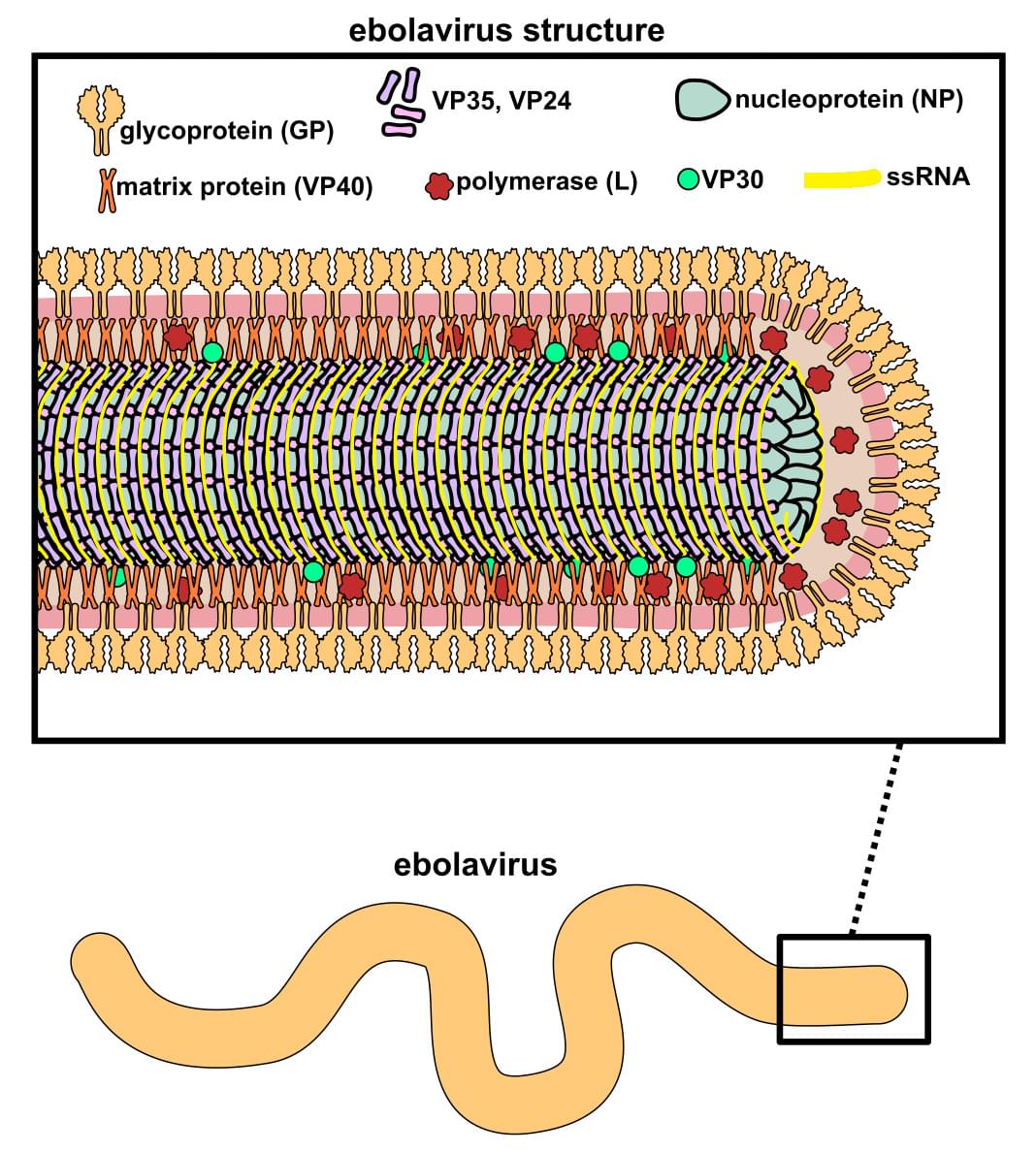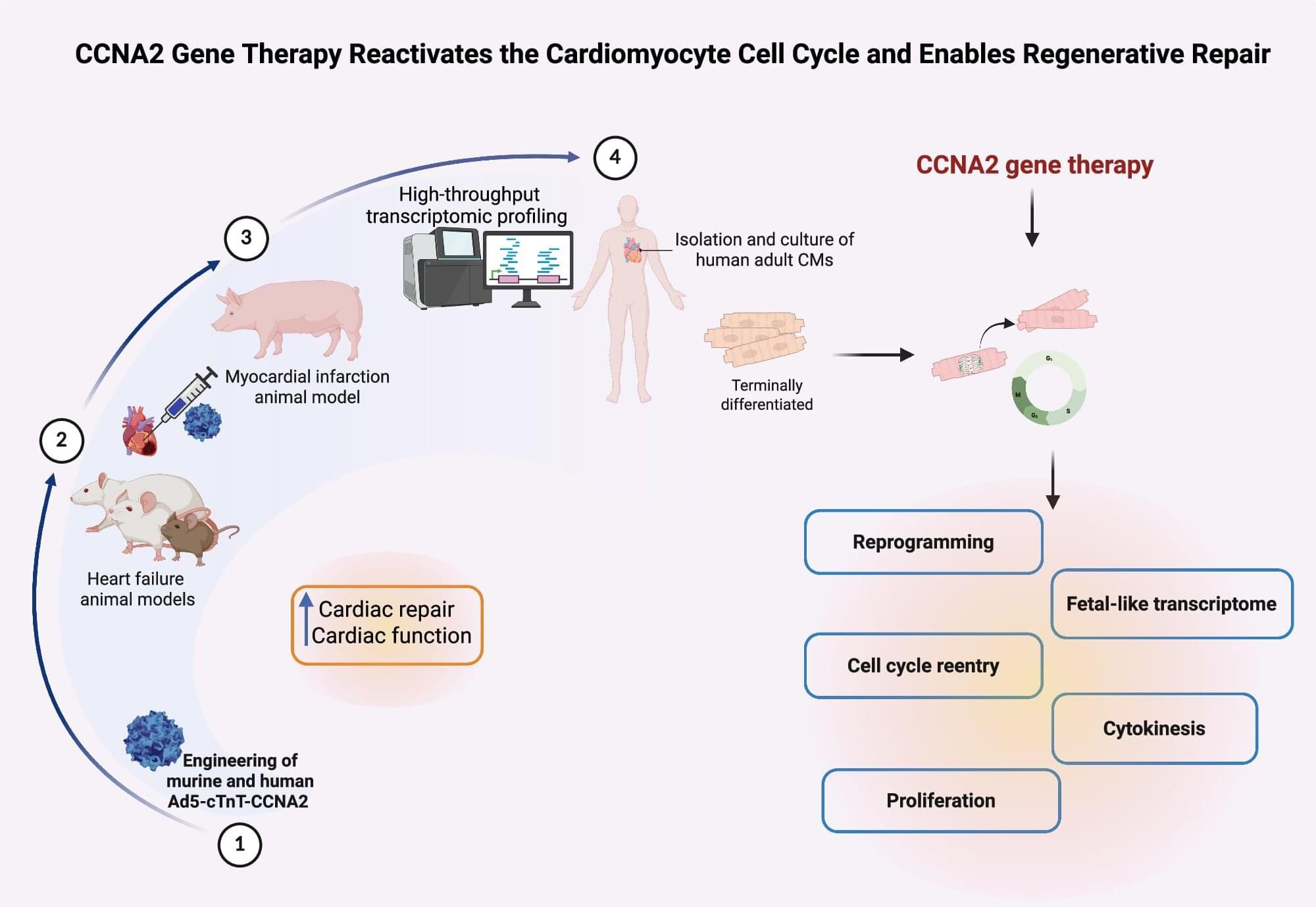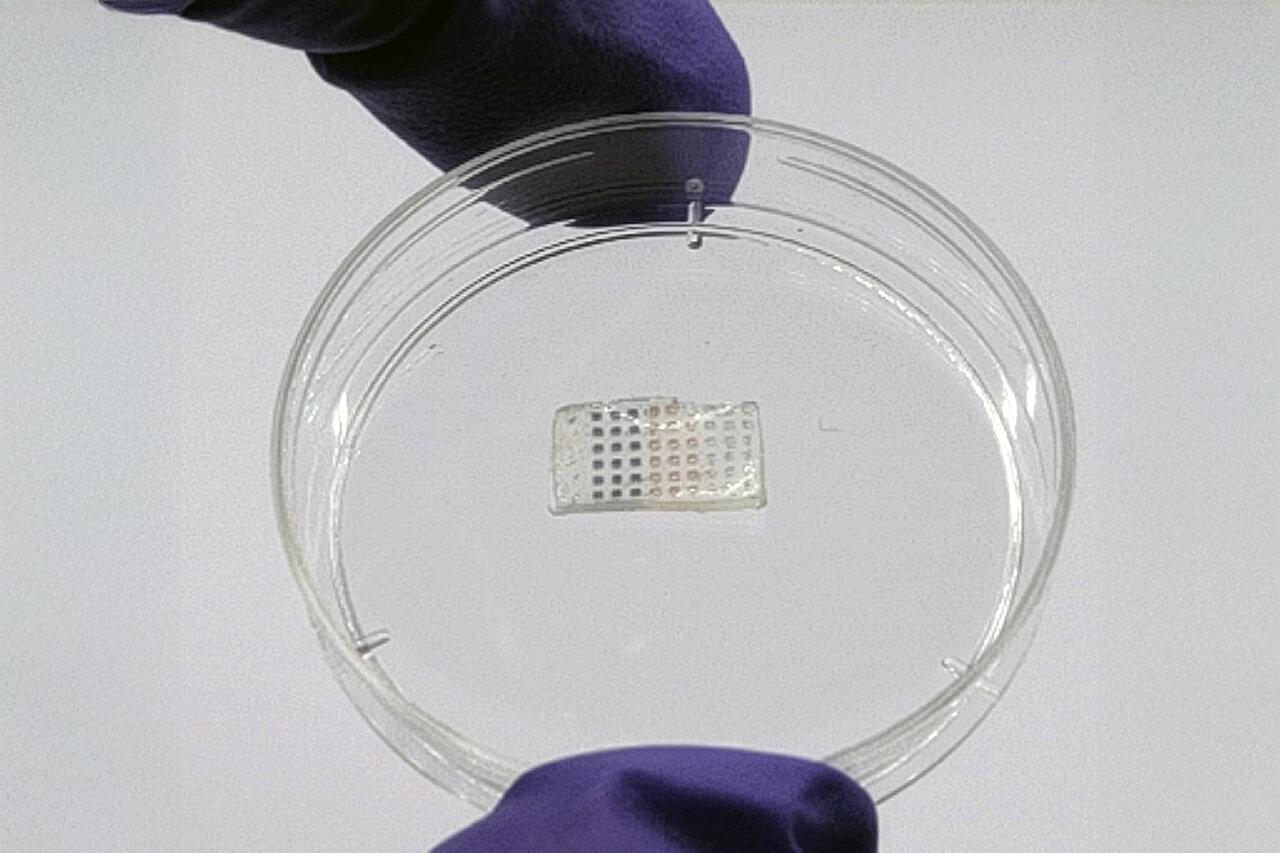I wrote this educational primer on ebolavirus as a fun exploration of a topic not related to my current research. While such knowledge may be useful in the event of some future ebolavirus epidemic, it is mostly just an exercise in curiosity and intellectual enrichment. #virology #molecularbiology.
My website version: [ https://logancollinsblog.com/2025/11/04/an-introduction-to-ebolavirus-biology/](https://logancollinsblog.com/2025/11/04/an-introduction-to-ebolavirus-biology/)
Substack version: [ https://loganthrashercollins.substack.com/p/an-introduction-…us-biology](https://loganthrashercollins.substack.com/p/an-introduction-…us-biology)
PDF version: An Introduction to Ebolavirus Biology – Logan Thrasher Collins
I wrote this educational primer as a fun exploration of a topic not related to my current research. While such knowledge may be useful in the event of some future ebolavirus epidemic, it is mostly just an exercise in curiosity and intellectual enrichment. I hope that you too enjoy learning about this fascinating (but scary!) virus as you browse my writeup. Also, if you’re an ebolavirus expert with concepts, edits, and/or ideas to offer, feel free to reach out with your additional insights! Shoutout: I’d like to give a special shoutout/thanks to Jain et al. (reference 4) and Bodmer et al. (reference 2). I used their papers extensively throughout the creation of writeup!
Genome








